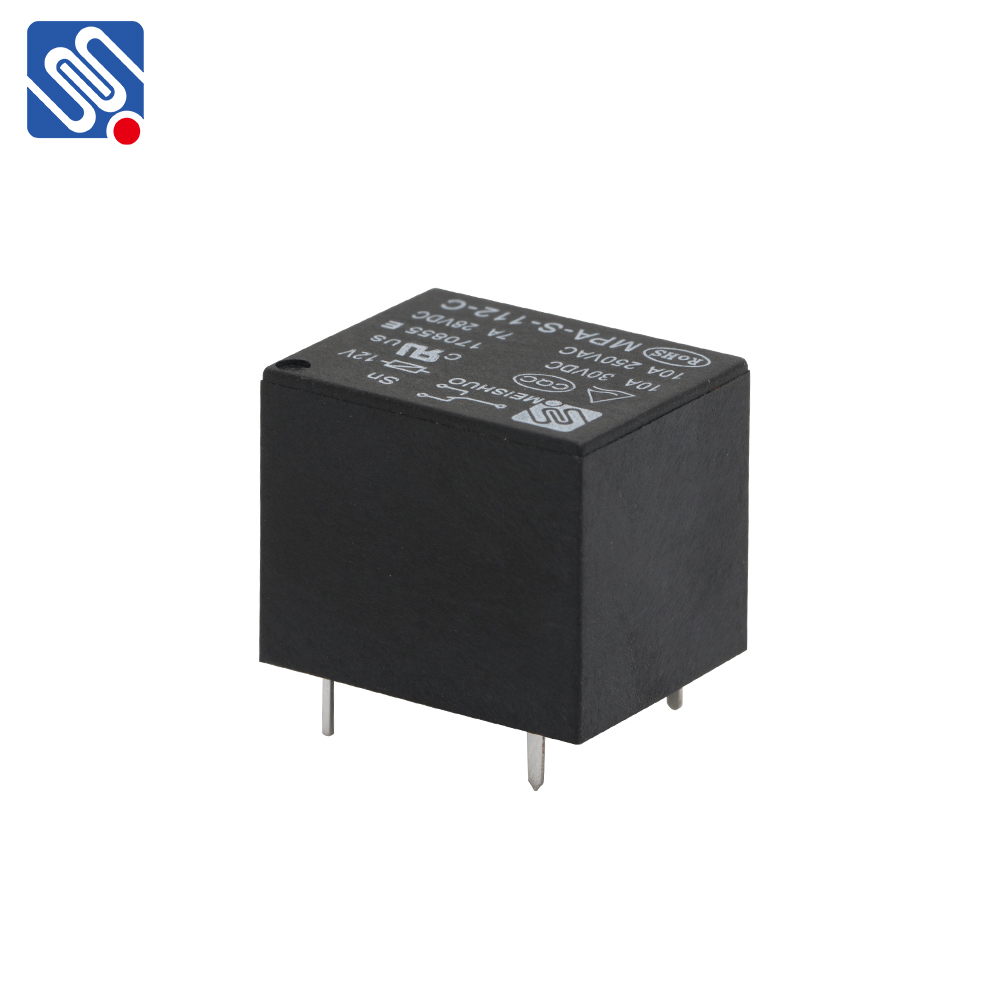the environmental impact of relay and the role of meishuo
Release time:2025-03-24 14:34:44
In recent years, as sustainability becomes an increasingly crucial topic, the environmental impact of various industries is under closer scrutiny. One industry that plays a pivotal role in modern life is the relay industry, which, despite its technological advancements, can contribute significantly to environmental challenges. This article explores the environmental impact of relays and highlights the role of Meishuo, a company focused on sustainable practices within the sector.

Relays are integral components in electrical systems and are found in many everyday devices, from household appliances to industrial machinery and automobiles. A relay's primary function is to control the flow of electricity by opening or closing circuits, serving as a switch that makes or breaks connections. While relays are essential for modern technology, they also have an environmental footprint that needs to be addressed. Resource Use and Manufacturing Impact
The manufacturing process of relays requires a range of materials, including metals like copper, gold, and silver. These materials are not only finite but also energy-intensive to extract and process. Mining for these materials can lead to habitat destruction, soil erosion, and water contamination. Additionally, the energy consumption involved in producing relays contributes to greenhouse gas emissions, exacerbating climate change.

